The Apple Watch recently celebrated its first birthday. While Apple won’t say exactly how many units have been sold, we estimate the number is in the 13-15 million range, bringing in $2-3 billion in revenue. That’s not bad for what some consider a failed product.
I recently spent time with Apple executives involved with the Watch. I asked them to explain the real motivation for creating the device. Although Apple has made fashion and design a key cornerstone of its existence, it turns out that this was not at the heart of why they created this product.
The late Apple CEO Steve Jobs developed pancreatic cancer in 2004. He then spent a great deal of time with doctors and the healthcare system until his death in 2011. While that personal health journey had a great impact on Jobs personally, it turns out that it affected Apple’s top management, too. During this time, Jobs discovered how disjointed the healthcare system can be. He took on the task of trying to bring some digital order to various aspects of the healthcare system, especially the connection between patients, their data, and their healthcare providers.
If you look at Apple’s current health initiatives, many are focused on helping people record data of all types and get it securely to their healthcare providers. Apple also has projects related to healthcare records, management and interaction between the doctor and patient with a goal of making the patient-doctor relationship more fruitful and less frustrating.
I have long been observing these key moves around healthcare, which accelerated after Jobs’ death. It seems clear that Apple’s management has now and will continue to have a major focus on bridging the gap between a person and their healthcare providers. I believe Apple is on a mission to improve the overall health of its customers as well as that of the healthcare system, a task Jobs gave them before he died. And while Apple’s products define Jobs’ legacy, it may turn out that his and Apple’s greatest contribution may be to bring greater order to the fragmented healthcare world.
It is within this backdrop that the Apple Watch was born. Apparently, Apple was looking at ways to deliver on Jobs’ goal of making their customers healthier by using technology to help monitor and track health related data points. It became clear to them that they would need some type of mobile device platform to do this. They concluded that a standard fitness tracker couldn’t do the types of things Jobs and current Apple executives really wanted to see. That’s how the Apple Watch came about.
Although the Apple Watch came to market years after Jobs’ death, and it’s not clear that he even knew about the Watch, it does seem he was aware that a mobile device would be needed to enhance health monitoring. But given the Apple Watch’s exceptional health related tracking, monitoring and motivational functions, I am convinced he would be delighted with it. While fitness trackers are great, it takes something like the Apple Watch and a serious platform and ecosystem of compatible devices to deliver on things like HealthKit, ResearchKit and CareKit, all designed to create and gather the kind of information that could be used in monitoring users’ personal medical needs.
See How the Apple Watch Might Look if Reimagined by Fashion's Top Designers
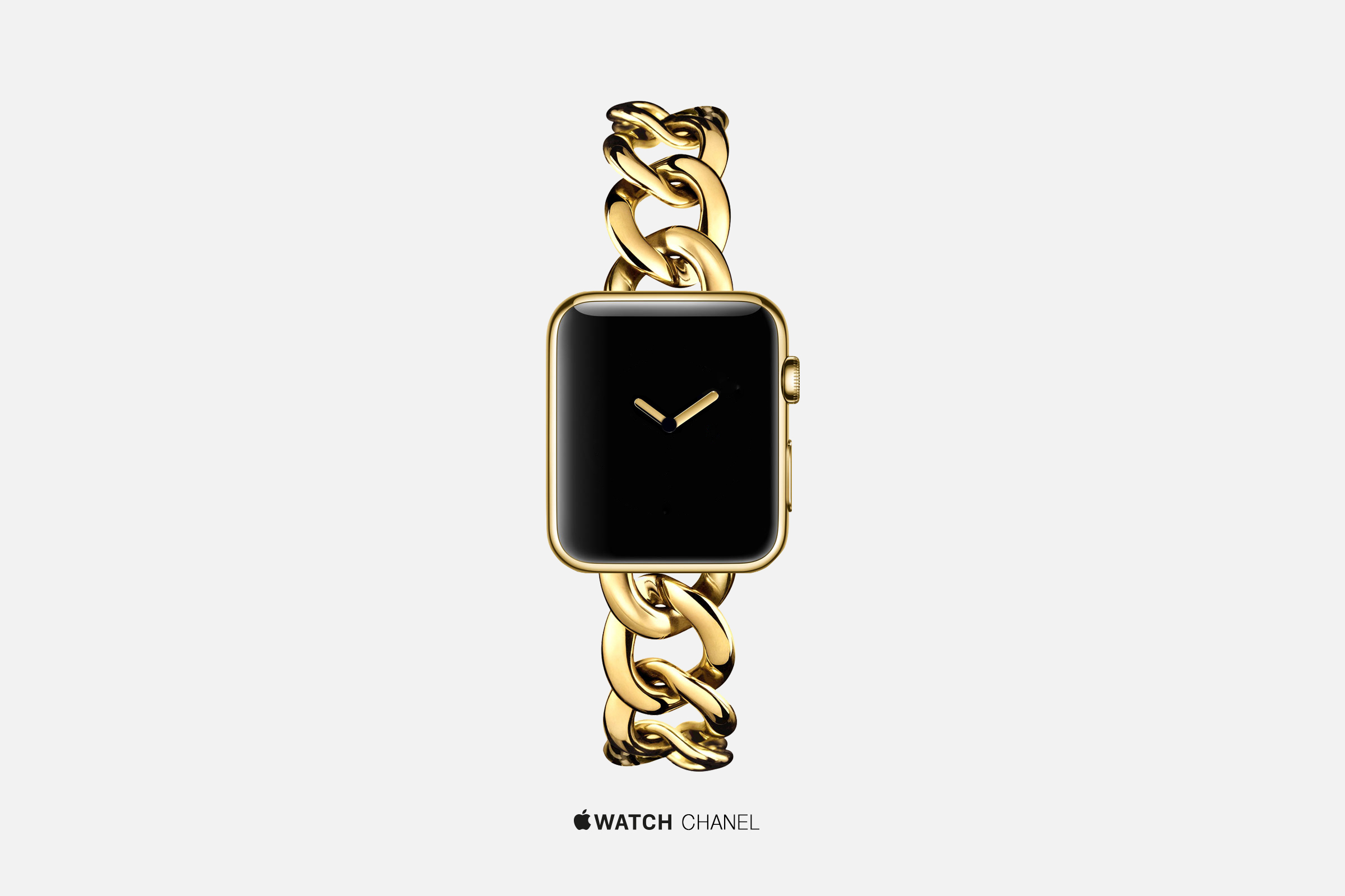
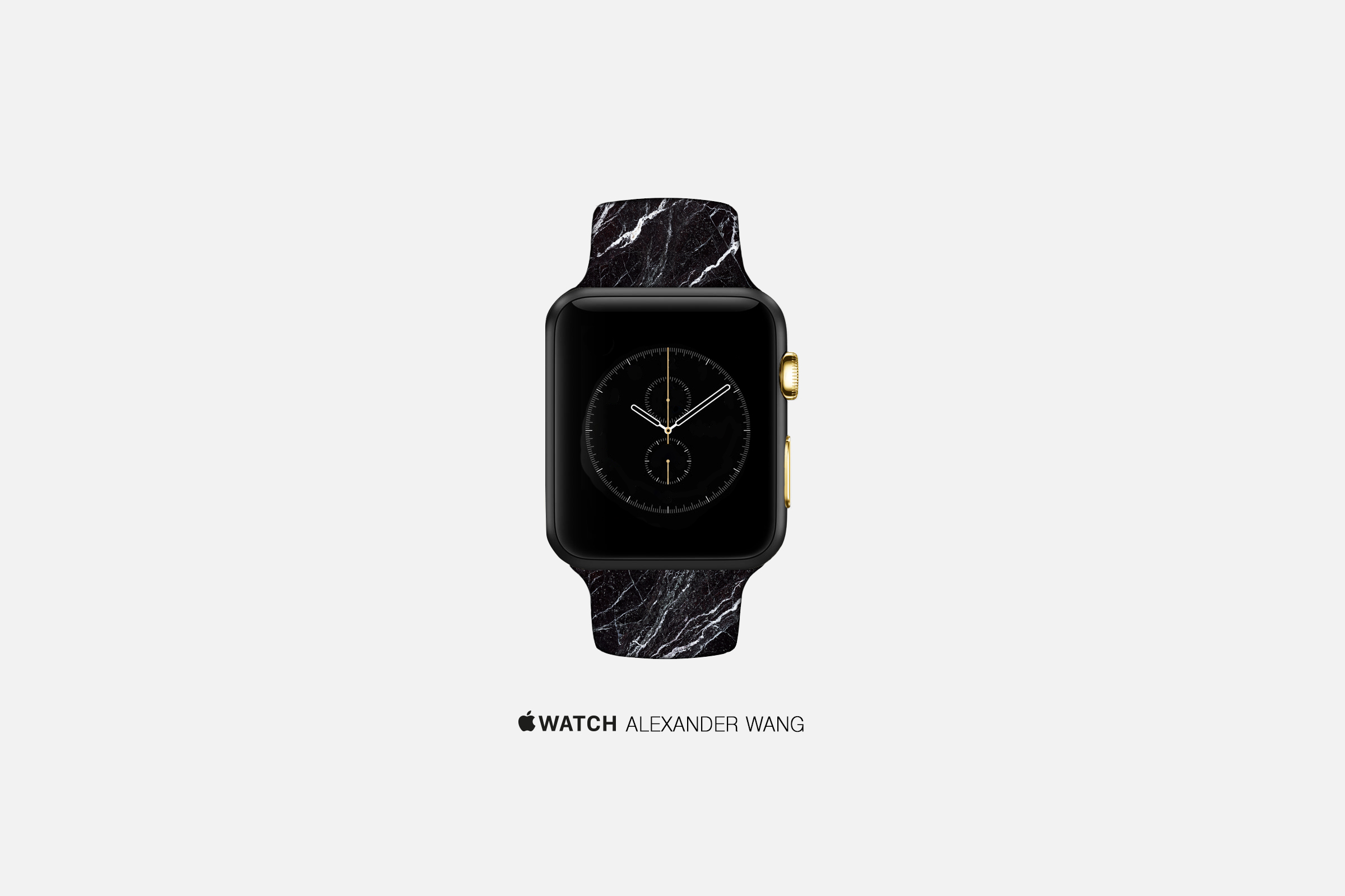
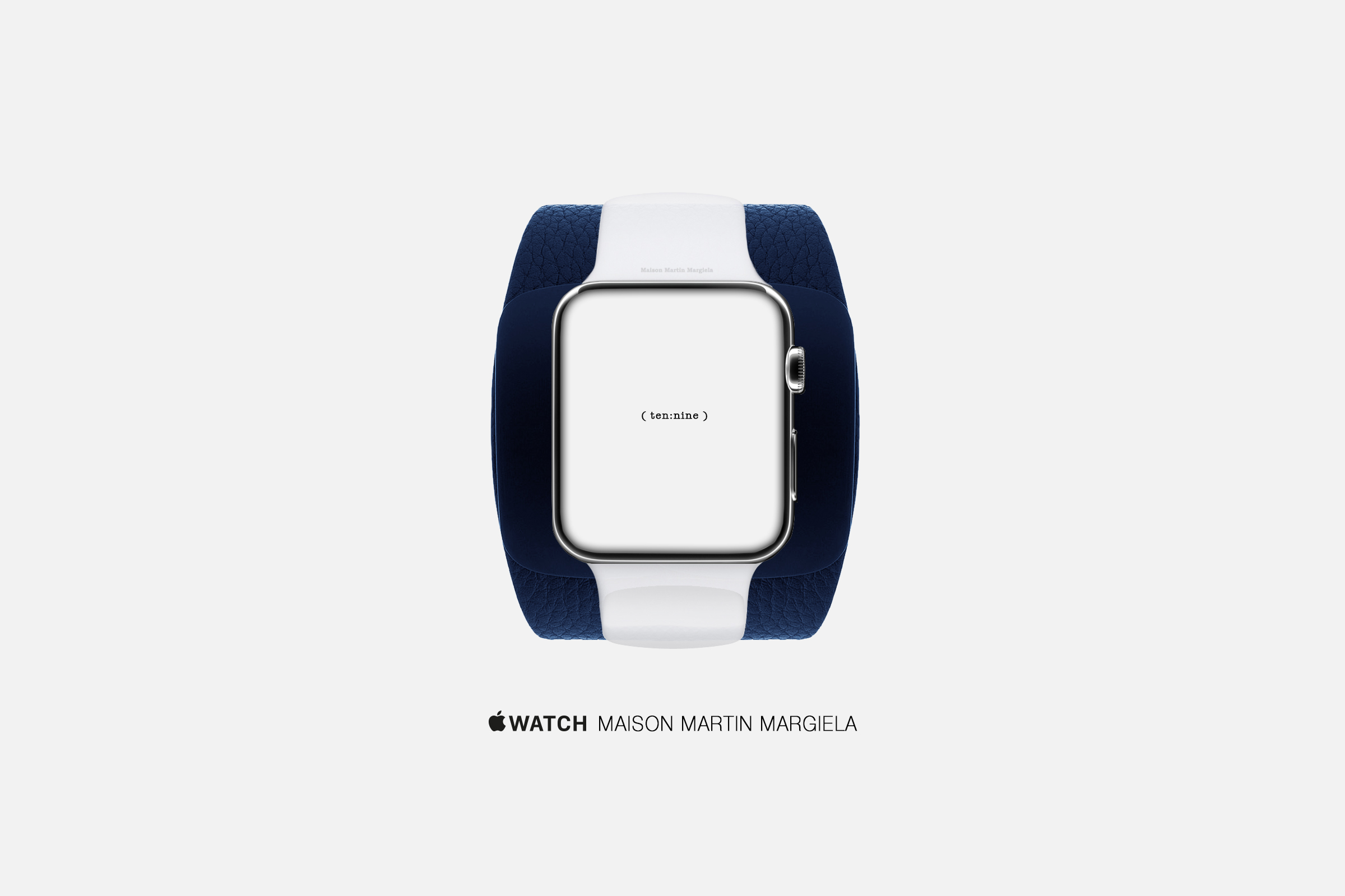
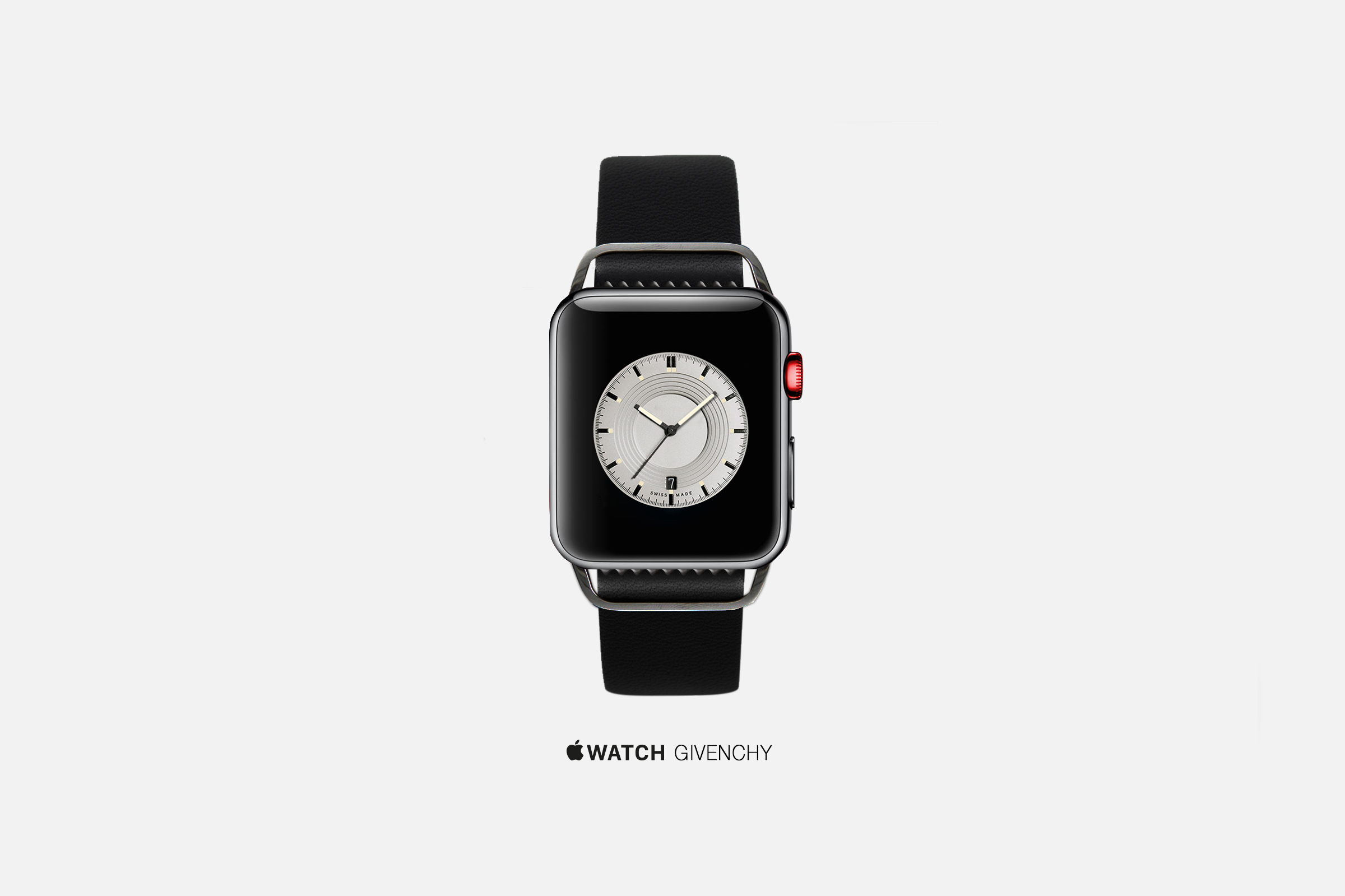
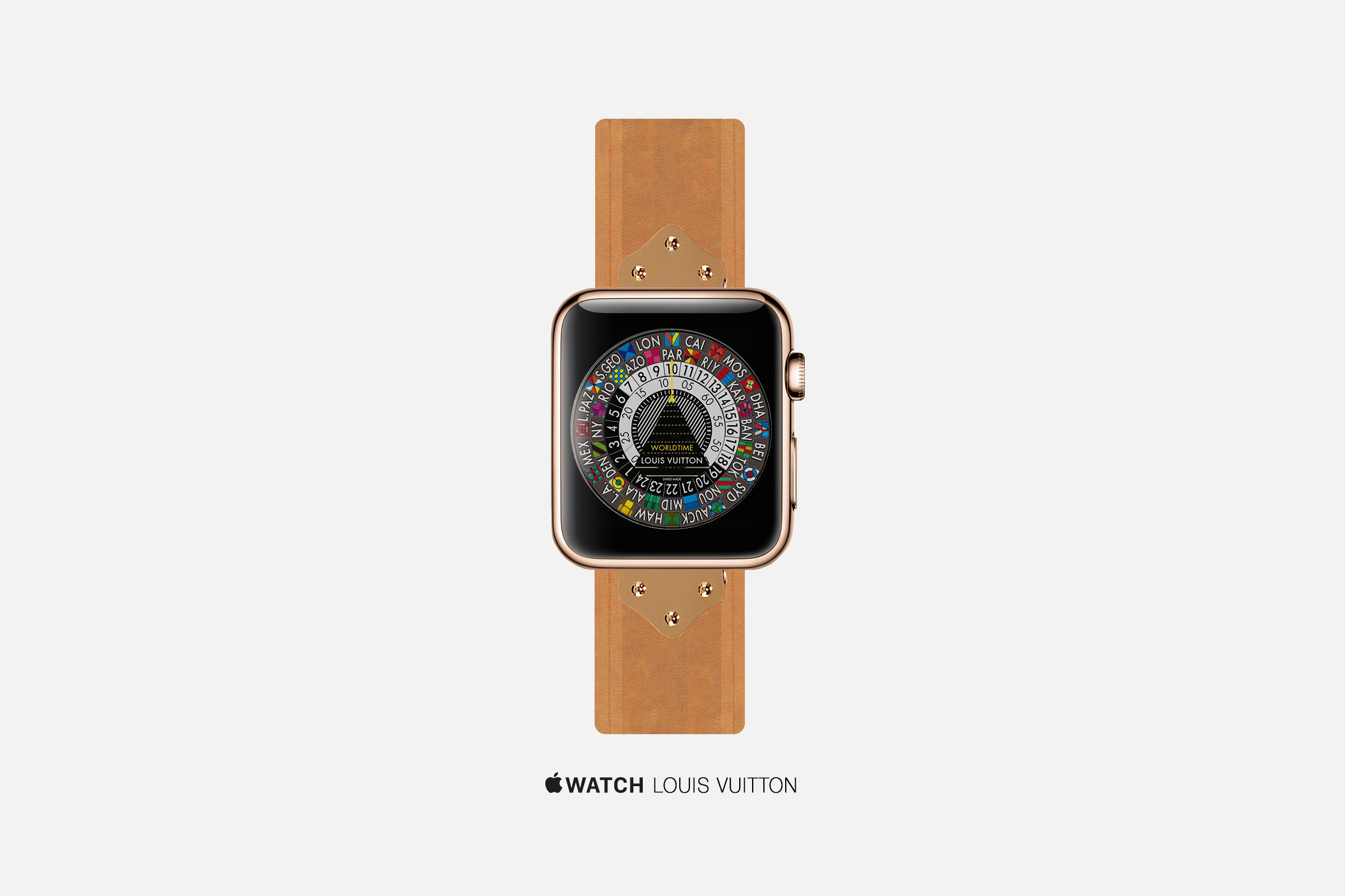
Apple is serious about the role of the Apple Watch in its customers’ health. I was recently able to visit one of Apple’s labs dedicated to sports and health. For 12 hours a day, six days a week, Apple brings in Apple employees of every shape, condition and ethnicity to do various exercises and monitor them with the most sophisticated medical systems available. Apple has seven full-time nurses in the facility I visited, using medical monitoring equipment that can determine all types of heath related data points. The lab even has special chambers that can simulate temperate and weather conditions, in which various exercises or activities can be monitored.
Apple’s goal with these lab experiments is to fine tune the sensors, radios, and various monitoring technologies included in the Apple Watch and the iPhone. The Cupertino, Calif.-based company also wants to create new features for future iterations.
The more I look at Apple’s health initiatives and things like the Apple Watch, the more I see a grander plan to to make its customers healthier and help reform the healthcare system. If Apple’s current leaders are successful with their healthcare focus, the company’s impact on that world could be Jobs’ greatest legacy.
Tim Bajarin is recognized as one of the leading industry consultants, analysts and futurists, covering the field of personal computers and consumer technology. Mr. Bajarin is the President of Creative Strategies, Inc and has been with the company since 1981 where he has served as a consultant providing analysis to most of the leading hardware and software vendors in the industry.
More Must-Reads from TIME
- Donald Trump Is TIME's 2024 Person of the Year
- Why We Chose Trump as Person of the Year
- Is Intermittent Fasting Good or Bad for You?
- The 100 Must-Read Books of 2024
- The 20 Best Christmas TV Episodes
- Column: If Optimism Feels Ridiculous Now, Try Hope
- The Future of Climate Action Is Trade Policy
- Merle Bombardieri Is Helping People Make the Baby Decision
Contact us at letters@time.com